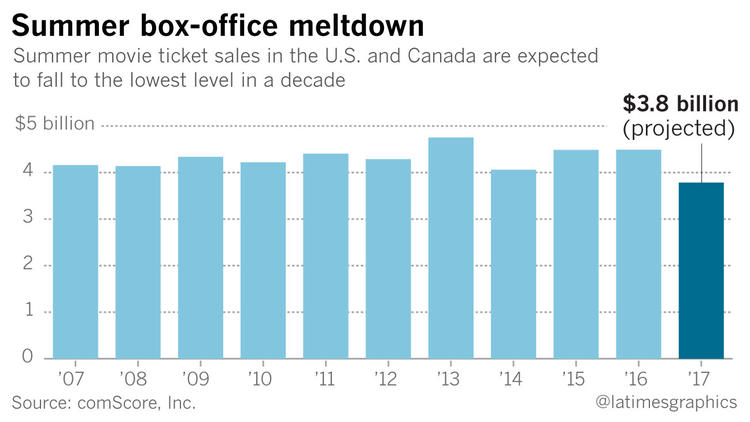 The Vikings only received one player off the waiver wire, former San Francisco tight end Blake Bell. Bell was coached by current Vikings OL coach Tony Sparano during his rookie year. The team freed up a roster spot for him by waiving/injured tight end Bucky Hodges.
The Vikings only received one player off the waiver wire, former San Francisco tight end Blake Bell. Bell was coached by current Vikings OL coach Tony Sparano during his rookie year. The team freed up a roster spot for him by waiving/injured tight end Bucky Hodges.
Among the Vikings’ waivered players, offensive lineman Zac Kerin was claimed by the Detroit Lions, linebacker Edmond Robinson was claimed by the New York Jets, and (showing just how desperate teams are for offensive linemen) former starting tackle T.J. Clemmings was picked up by the Washington Redskins. Both Kerin and Robinson had standing invitations to the Vikings’ practice squad if they cleared waivers (Clemmings almost certainly did not).
The following players have been added to the practice squad:
- LB Elijah Lee (drafted by the Vikings in the seventh round, initially claimed he didn’t want to join Minnesota’s PS and hoped to be picked up by another team instead)
- QB Kyle Sloter (Played the preseason in Denver, going 31 of 43 for 413 yards with 3 TDs and 0 INTs … with Taylor Heinicke going to IR, the team definitely needed another quarterback for the scout team. The Vikings are paying him serious money for a PS player: $340,000 … NFL minimum for a rookie on the 53-man roster is $465,000.)
- RB Bronson Hill (free agent who spent time with the Bengals and Jaguars in 2016)
- DT Ifeadi Odenigbo (drafted by the Vikings in the seventh round of the 2017 draft)
- CB Horace Richardson (undrafted free agent, spent the preseason with the Vikings)
- DT Dylan Bradley (undrafted free agent, spent the preseason with the Vikings)
- TE Kyle Carter (spent time on the Vikings PS in 2016, undrafted in 2016)
- WR Cayleb Jones (free agent who was on the Eagles PS in 2016, then signed to the Vikings PS in December)
Two spots on the practice squad remained open, as of Sunday night.
Update: The Vikings signed two players to fill the remaining spots on the practice squad on Monday:
- C Cornelius Edison (was on Chicago’s roster and appeared in six games and spent the preseason with Atlanta)
- OT Cedrick Lang (spent the preseason with Denver)




